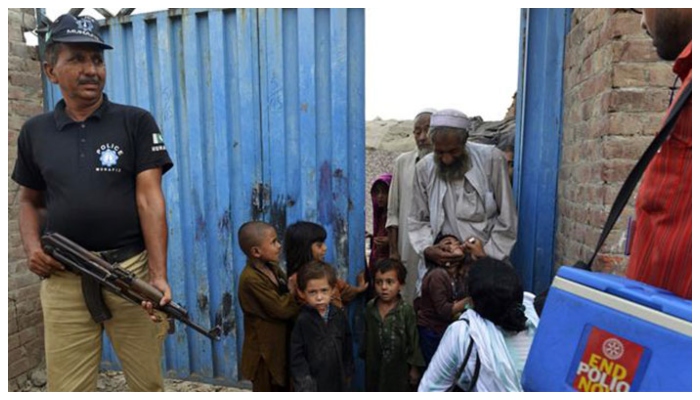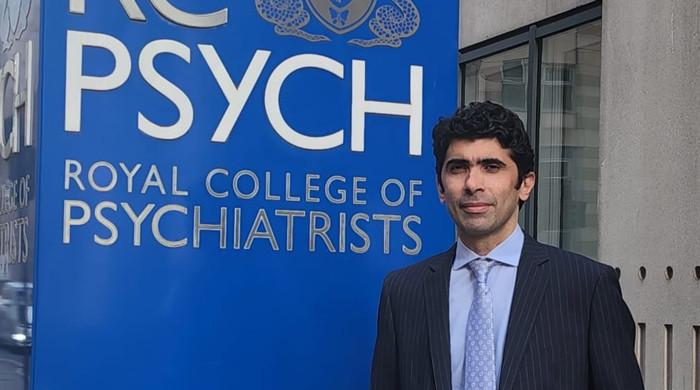North Waziristan reports 12th polio case
Pakistan has so far reported 13 cases of polio virus this year; all cases of wild polio belong to North Waziristan
July 14, 2022

- Pakistan and Afghanistan have reported 13 cases of polio virus this year.
- All cases of wild polio belong to North Waziristan.
- Southern districts of Khyber Pakhtunkhwa declared at highest risk of wild polio virus transmission.
A 21-month-old boy has been paralysed by wild polio in the 12th case of the variant of the viral disease in Pakistan this year. All the children affected by wild polio this year belong to North Waziristan.
The child in the latest case had onset of paralysis on June 18 and belongs to Mir Ali (UC-2), the Pakistan National Polio Laboratory at the National Institute of Health, Islamabad has confirmed. According to preliminary investigations, the child has been paralysed in the right leg.
The southern districts of Khyber Pakhtunkhwa, North and South Waziristan, Dera Ismail Khan, Bannu, Tank and Lakki Marwat, are at highest risk of wild polio virus transmission. Bannu also reported two positive environmental samples between April and May this year, confirming that ongoing wild polio virus transmission is not limited to North Waziristan.
Federal Minister for Health Abdul Qadir Patel said the Pakistan Polio Programme has repeatedly launched immunisation campaigns in southern KP since the first child was found with polio-induced paralysis. He said that the programme continues to strive to ensure that the virus does not spread.
“Even though these cases are happening in the same part of the country, parents and caregivers around Pakistan must remain extremely vigilant and give their children repeated doses of the polio vaccine,” said Federal Health Secretary Dr Fakhre Alam Irfan.
This year, 13 cases have been reported from Pakistan and Afghanistan, the only two polio endemic countries left in the world.
Polio is a highly infectious disease caused by polio virus mainly affecting children under the age of five years. It invades the nervous system and can cause paralysis or even death. While there is no cure for polio, vaccination is the most effective way to protect children from this disease.
Each time a child under the age of five is vaccinated, their protection against the virus is increased. Repeated immunisations have protected millions of children from polio, allowing almost all countries in the world to become polio-free, besides the two endemic countries of Pakistan and Afghanistan.











